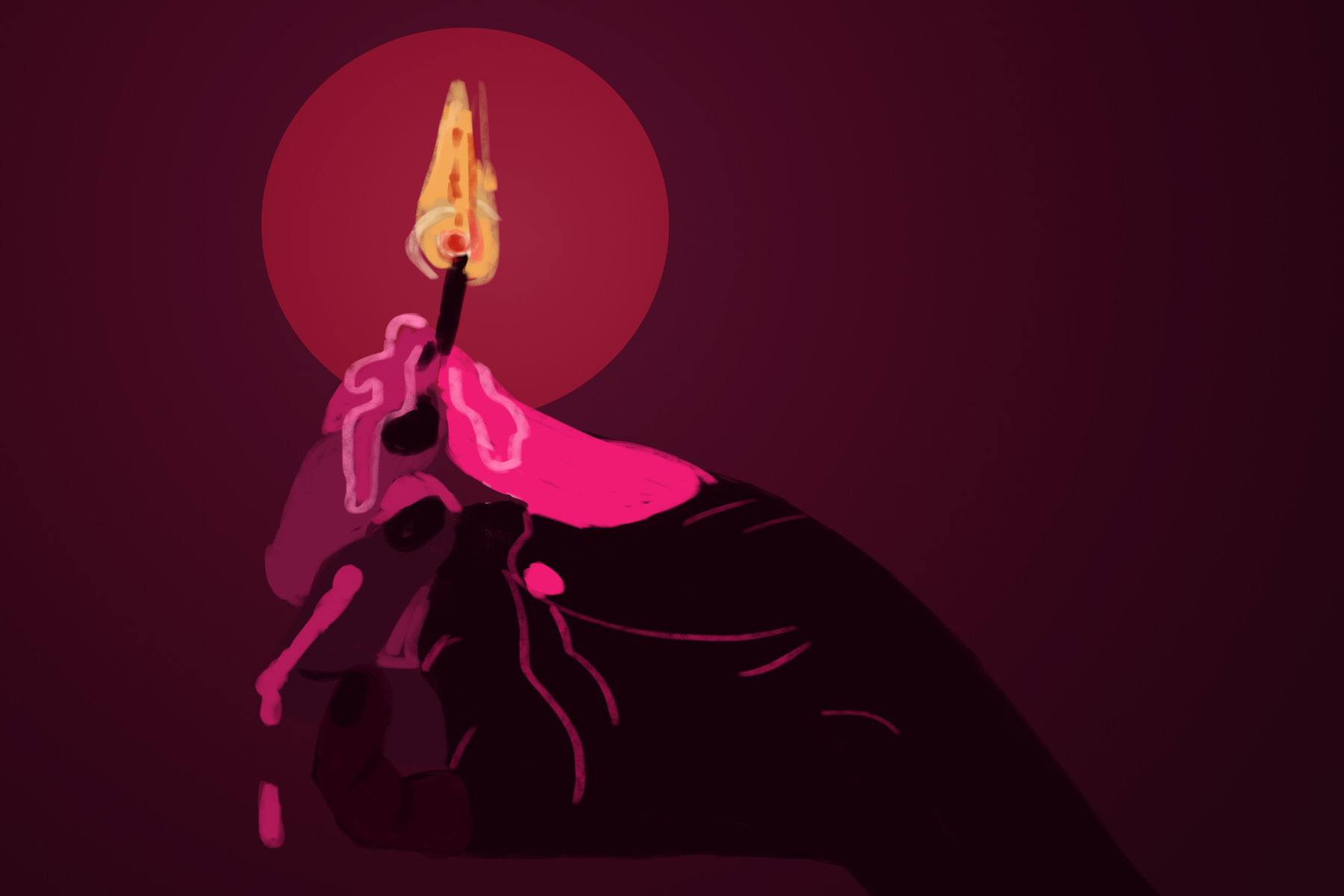If you’ve recently browsed BuzzFeed, then you probably saw Anne Helen Peterson’s article calling millennials the burnout generation. And after reading the article, taking the BuzzFeed quizzes and searching Google to find more millennial burnout pieces written, you’re probably wondering what the hell millennial burnout is and do you have it?
The phenomenon is no different than any other type of burnout that people experience. It is exhaustion. Being overworked. Anxiety. Constantly setting yourself up for failure by trying to succeed at everything you do and not accepting anything less than perfection.
According to Isabelle Miner with Career Contessa, millennial burnout consists of improperly prioritizing menial tasks over important ones, panicking as a result of over-attachment to your phone and being unable to say no in daily situations (i.e. being tired but still going out every night with your friends because they simply ask).
After Peterson’s article went viral, millennials began speaking up about how they feel about the consistent pressure to succeed in today’s culture. For the most part, people agree with Peterson’s point that millennials are an overworked generation who constantly try to hide any of the stress they feel. However, as many confessionals pointed out, feeling this way is normal amongst younger generations.
In the article, Peterson quotes a millennial discussing their constant sense of anxiety, saying, “I don’t know a single person who isn’t dangerously stressed out in my school. Everyone procrastinates, nobody commits to after-school clubs or honor society because they’re too busy freaking out about everything else in their lives. None of our parents seem to get it; they just think we have it easy and are just lazy, or distracted with ‘those darn phones.’”
Although some might disagree on who exactly qualifies as a millennial, most people agree that societal pressures have caused a generation of young professionals to be constantly on the brink of a breakdown. Society tells young people they have to do better than the generations before them, which, in turn, creates an unhealthy need to achieve perfection for literally everything — school, work and social settings (in person and online).
While Peterson’s argument that millennial burnout exists and is a major cause for young adults to feel defeated and constant anxiety before they even hit 30 is a valid one, millennials are not the only generation to feel burnout. Anyone, no matter what age, race, gender or state of mental health, can feel burnout. The major difference for millennial burnout, and why it is being recognized as a separate issue, is that social media and societal pressures (from both the current generation and older ones) are causing high amounts of pressure, stress and anxiety amongst individuals.
Peterson suggests that there is no solution to millennial burnout; Kate Carraway, however, with The Toronto Star, disagrees. Carraway argues that the solution millennials are looking for to fight back against burnout is within hands’ reach 24/7 — yep, the smartphone.
Millennials are under constant attack for their generally liberal views, their use of technology and, of course, being a “me” generation (aka selfish and lazy). While most people argue that these are just opinions generalizing an entire generation, Carraway has a point about the younger generation’s use of their phones and the feelings they cause.
Millennials, for the most part, are glued to their phones, using them for social interaction, social media, school, work and entertainment, among a variety of other uses. The continual use of smartphones and social media can create unhealthy emotional responses in many users, such as depression and anxiety, which could explain why so many millennials have “errand paralysis,” as Peterson and Carraway call it.
Millennial burnout might be an unavoidable part of life for many young adults, but it can be dealt with. Peterson’s article sparked many millennials to speak up about their own burnout, letting others know they are not alone in this. By taking a second to slow down to really look at your own life and understand that perfection is not feasible, then millennials can push forward through the burnout and deal with the anxiety and stress that life throws at you.









